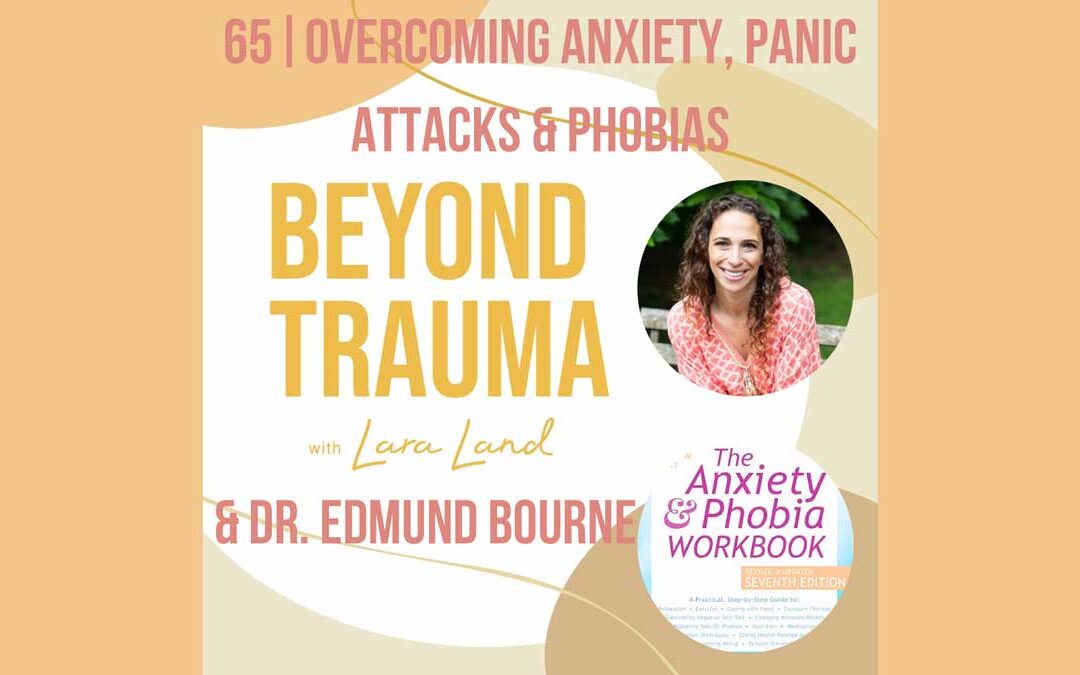When it comes to the field of psychology and the treatment of anxiety disorders, Dr. Edmund J. Bourne is a name that stands out.
Over the past few decades, he has made significant contributions to the understanding and treatment of anxiety, phobias, and panic disorders. His work has helped countless individuals manage their symptoms and regain control over their lives.
Who is Dr. Edmund Bourne?
Dr. Edmund Bourne is a clinical psychologist, widely recognized for his expertise in treating anxiety and related disorders. With a career spanning over 30 years, Bourne’s work has focused on offering practical tools and strategies to help people confront and overcome their fears. His research, clinical practice, and books have shaped the landscape of modern anxiety treatment.
Bourne is perhaps best known for his seminal book, The Anxiety and Phobia Workbook, which has been in print for over 30 years and continues to be a go-to resource for both therapists and individuals struggling with anxiety. The workbook has sold over a million copies and has been translated into numerous languages, reflecting its universal applicability and impact.
Key Contributions: Practical, Self-Help Approaches
Dr. Bourne’s approach to anxiety treatment is notable for its practicality and accessibility. His books emphasize self-help strategies that empower individuals to take an active role in managing their mental health. Rather than focusing exclusively on therapy sessions or medication, Bourne advocates for a holistic, multi-dimensional approach.
Some of the key methods Bourne promotes in his work include:
- Cognitive-Behavioral Techniques (CBT): One of the cornerstones of Bourne’s methodology is CBT. He teaches individuals to recognize and challenge the negative thoughts and irrational beliefs that fuel anxiety. By identifying these cognitive distortions, people can replace them with healthier, more balanced thinking patterns.
- Relaxation Exercises: Bourne encourages the use of relaxation techniques like deep breathing, progressive muscle relaxation, and meditation to reduce the physical symptoms of anxiety. These exercises help calm the nervous system and create a sense of peace in moments of heightened stress.
- Exposure Therapy: For those dealing with specific phobias, Bourne emphasizes the importance of gradual exposure to feared situations. By slowly facing their fears in a controlled way, individuals can desensitize themselves to anxiety triggers and reduce the intensity of their responses over time.
- Lifestyle Changes: Dr. Bourne underscores the importance of a healthy lifestyle in managing anxiety. Regular exercise, a balanced diet, adequate sleep, and limiting stimulants like caffeine are all essential components of his approach. He also advocates for mindfulness practices to promote mental clarity and emotional resilience.
Holistic Perspective on Anxiety
What sets Dr. Bourne apart is his holistic view of anxiety. He acknowledges that anxiety is not just a mental issue but can affect a person’s entire being—mind, body, and spirit. His approach integrates multiple dimensions of wellness, focusing not only on symptom reduction but on long-term healing.
In his later works, such as Natural Relief for Anxiety, Bourne explores alternative treatments for anxiety, including herbal remedies, acupuncture, and other natural methods. He encourages individuals to explore various avenues for healing and to adopt what resonates with them personally. This open-minded and comprehensive approach makes his work accessible to a broad audience, from those seeking traditional cognitive-behavioral methods to those looking for more integrative therapies.
The Anxiety and Phobia Workbook: A Cornerstone in Self-Help
Bourne’s most famous work, The Anxiety and Phobia Workbook, is often described as a “personal toolkit” for managing anxiety. The workbook is packed with exercises, worksheets, and practical advice that readers can use on their own or as a supplement to therapy.
The book covers a wide range of anxiety-related issues, including generalized anxiety disorder (GAD), panic attacks, social anxiety, and specific phobias. What’s powerful about the workbook is that it doesn’t just focus on reducing anxiety; it also offers guidance on personal growth, helping individuals rebuild confidence, trust in themselves, and live a fuller life.
Continuing Legacy
Even though Dr. Bourne has retired from active clinical practice, his influence continues through his writings and the countless therapists who use his techniques in their practices. It was such an honor to be in conversation with Dr. Bourne on the Beyond Trauma Podcast


Recent Comments